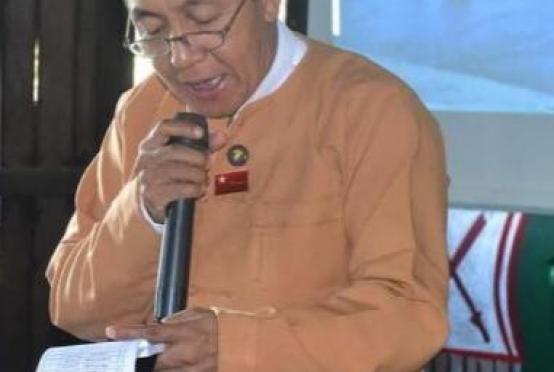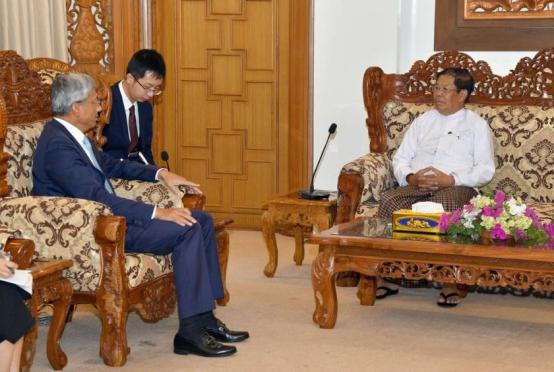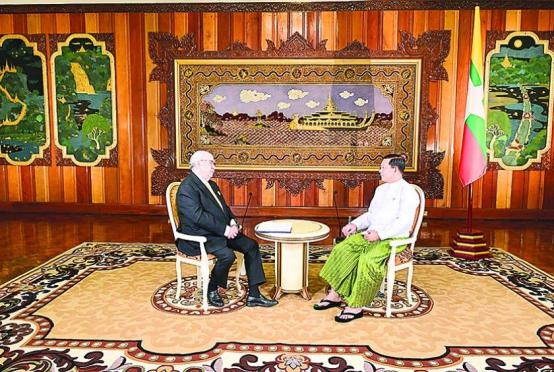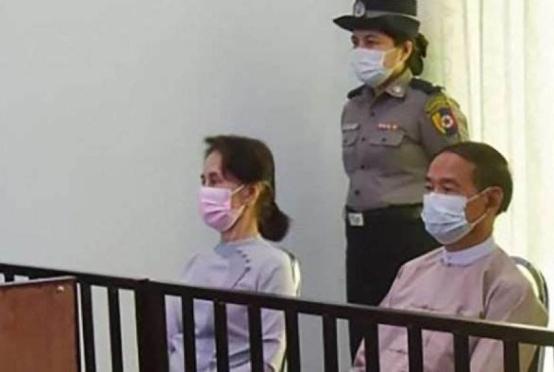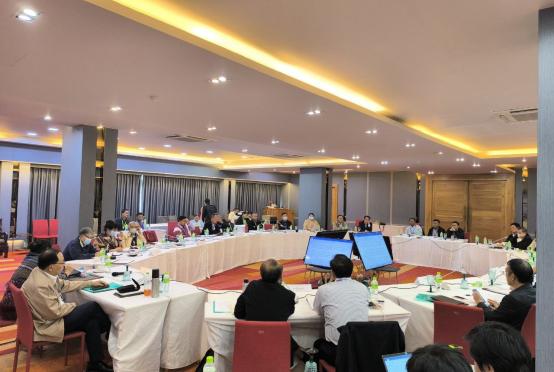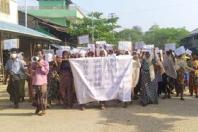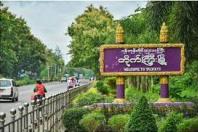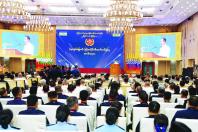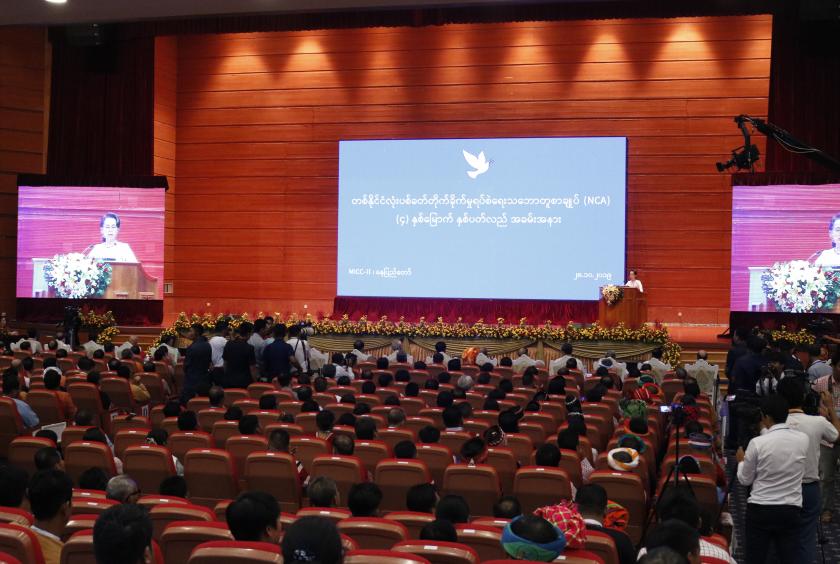
Who want for peace or who don’t want for peace will be decided by history and the people, said State Counsellor Daw Aung San Suu Kyi.
The remarks came from the speech of the State Counsellor delivered at the Fourth Anniversary of Nationwide Ceasefire Agreement held in Nay Pyi Taw on October 28.
While we are going on the same boat on the same journey through same determination, we need to understand and help each other to reach our destination. The history and its people will decide who really want for peace or who don’t. Concerning the current situation we are facing, what I importantly would like to express is that problems are not troubles but really the ways to solve the problems are the ones. We must efficiently spend our precious present time in order to solve the problems of today for our union and future generations, said State Counsellor Daw Aung San Suu Kyi.
We repeatedly mentioned that an enduring peace can be achieved only with the establishment of genuine federal Union. Power, resources and revenues must be equally shared in accord with the federal system. All federal units must have equal rights, said State Counsellor Daw Aung San Suu Kyi.
There must be own constitutions capable of guaranteeing self-determination in all states. Our government already agreed on the fundamentals centering the people at a time when the states practice power distribution. The participation of all stakeholders is of great importance to enter into negotiation to lay down detailed fundamentals, said State Counsellor Daw Aung San Suu Kyi.
There may be different stances and opinions when we start discussing. Some people can’t give up their wants and stick to them. If we want to establish federal Union, smooth and soft attitude and consideration are essentials. These are taken into account, said State Counsellor Daw Aung San Suu Kyi.
We don’t mean to discuss our principle alone at the table of political talks. Our discussions are based on ethnics of ours. We approach toward the negotiation table by seeking the way all the stakeholders accept. We don’t mean to discuss the attitude of the government as a priority. We should not practice a dogmatic approach when we discuss. It is not a genuine discussion. For that reason, we are approaching the way capable of producing the answer, said State Counsellor Daw Aung San Suu Kyi.
The first of the three tasks of peace process will be the first part of the Union Accord that will be signed at the forth meeting of the Union Peace Conference also known as the 21st Century Panglong Conference. The second task will be the second part of the Union Accord by combining current 51-point federal principles with further agreed ones. The third task will be the third part of the Union Accord after the approvals have been sought from the peace process implementation, said State Counsellor Daw Aung San Suu Kyi.
“The second task of peace process our government is going to move forward is inclusiveness of all stakeholders. Our government will step up measures to discuss ethnic armed organizations (EAOs) that haven’t signed the NCA yet. Anyhow, we will strive to create an atmosphere of reduced clashes. All NCA non-signatories are wanted to participate in the political talks and to come and stay under the umbrella. Now we would like to urge the leaders of NCA non-signatories to participate in the political dialogues to move a step forward, said State Counsellor Daw Aung San Suu Kyi.
Translated and Edited by Win Htut

